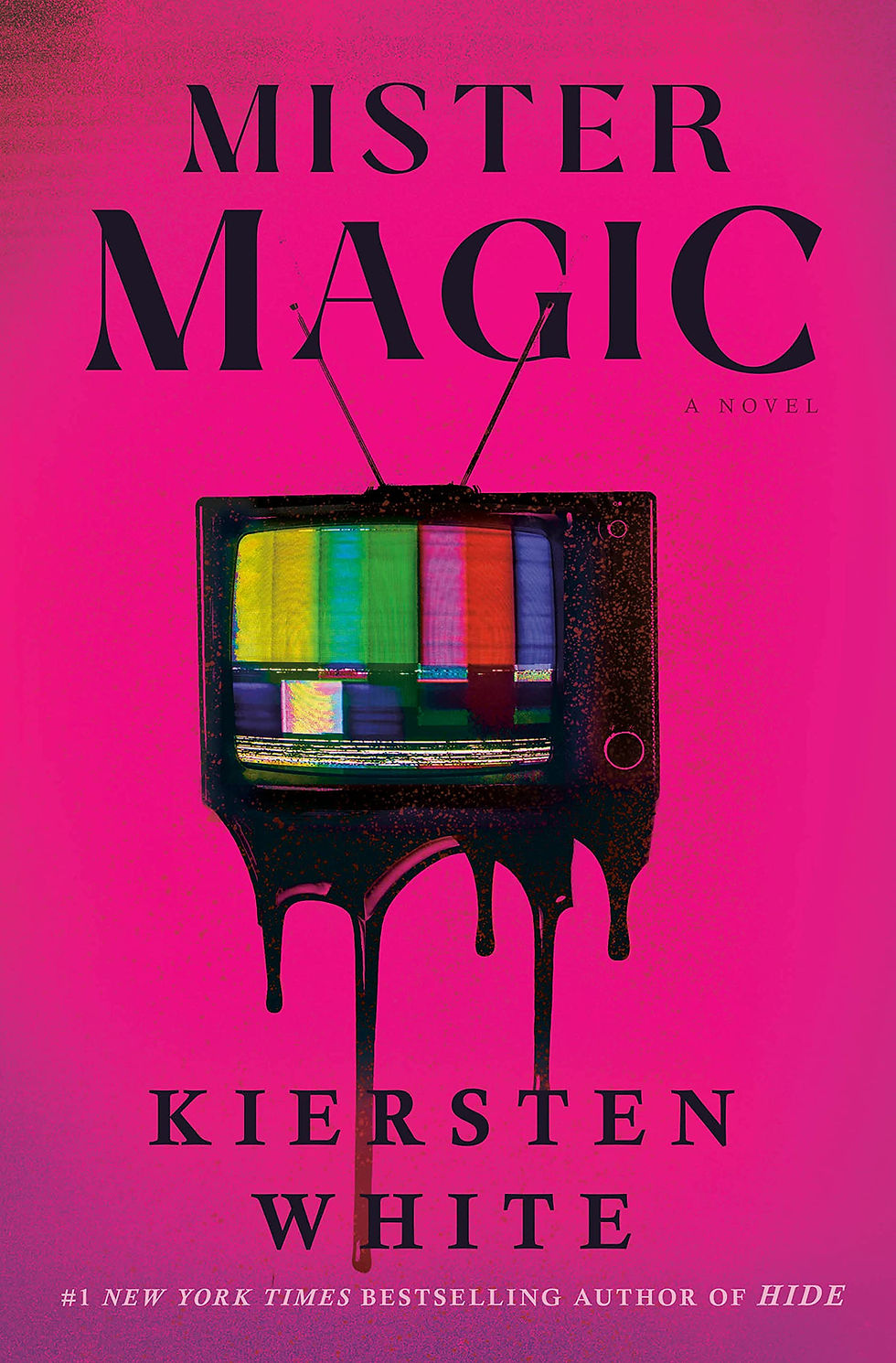The Origins of Sex: A History of the First Sexual Revolution by Faramerz Dabhoiwala
- Jodie
- Oct 22, 2025
- 3 min read

Book Review
Title: The Origins of Sex: A History of the First Sexual Revolution by Faramerz Dabhoiwala
Genre: Non-Fiction, Social Issues, History
Rating: 4.25 Stars
Faramerz Dabhoiwala’s The Origins of Sex: A History of the First Sexual Revolution presents a compelling and meticulously researched account of how Western attitudes toward sex, morality, and individual freedom underwent a profound transformation between the seventeenth and nineteenth centuries. By situating sexual change within the broader context of Enlightenment thought, urbanization, and the rise of the modern public sphere, Dabhoiwala argues that the “first sexual revolution” fundamentally redefined private behavior, public discourse, and the moral order of society. His work challenges the assumption that sexual liberation is a uniquely modern phenomenon, instead revealing its deep historical roots in early modern Europe.
At the core of Dabhoiwala’s argument is the assertion that the Enlightenment, often associated with revolutions in science, politics, and religion, also sparked a revolution in sexual morality. Before the eighteenth century, sexual conduct outside of marriage was harshly condemned and often criminalized by both church and state. Through extensive archival research—including court records, diaries, and pamphlets—Dabhoiwala traces how these moral restrictions gradually loosened as new ideas about individual liberty and conscience emerged. The Enlightenment emphasis on personal freedom and reason fostered a cultural environment in which private sexual behavior became increasingly detached from public judgment and legal control. In this sense, the transformation of sexual ethics was not an isolated development but an integral part of the broader project of modernity.
Dabhoiwala situates these changes within the expanding world of print culture and public debate. The rise of literacy, journalism, and pamphleteering provided new spaces where questions of virtue, desire, and hypocrisy could be openly discussed. He skillfully illustrates this process through the lives and writings of figures such as Samuel Pepys, Daniel Defoe, and John Wilkes—men whose experiences and controversies embodied the tensions between moral restraint and personal pleasure. Through these examples, Dabhoiwala demonstrates how the emergence of a public sphere allowed sexual discourse to move beyond the confines of religious doctrine and into the realm of social and intellectual inquiry. The result was a growing recognition that sexual behavior was a matter of personal conscience rather than public regulation.
However, Dabhoiwala’s analysis also exposes the uneven and gendered nature of this newfound sexual freedom. While men increasingly enjoyed the liberty to pursue sexual pleasure without fear of severe punishment or social ruin, women continued to face rigid double standards. Female reputation, chastity, and respectability remained tightly policed, and those who transgressed were often ostracized or exploited. By exploring topics such as prostitution, illegitimacy, and female sexuality, Dabhoiwala highlights that the sexual revolution was not a uniform process of liberation but a complex negotiation of power, privilege, and gender inequality. His account thereby complicates any simplistic narrative of progress, reminding readers that moral change often benefits some groups at the expense of others.
Stylistically, The Origins of Sex stands out for its combination of scholarly depth and narrative elegance. Dabhoiwala writes with clarity and precision, weaving together diverse sources into a coherent and engaging argument. His prose makes the dense historical material accessible to both academic and general audiences, and his attention to the lived experiences of ordinary men and women brings warmth and humanity to his analysis. At times, the scope of his evidence can feel overwhelming, as he moves rapidly between intellectual history, legal reform, and social commentary. Yet this breadth is also the book’s strength, reflecting the multifaceted nature of the transformation he seeks to describe.
Ultimately, The Origins of Sex offers a powerful reinterpretation of how modern sexual attitudes came into being. Dabhoiwala persuasively demonstrates that the moral and legal foundations of contemporary sexual freedom were laid centuries earlier, during the Enlightenment’s reimagining of human rights, privacy, and self-expression. By tracing this genealogy, he not only deepens our understanding of early modern Europe but also invites reflection on the continuities and contradictions that shape sexual politics today. The book stands as a landmark contribution to the history of sexuality—ambitious in scope, rich in evidence, and incisive in argument.
In conclusion, Dabhoiwala’s The Origins of Sex challenges readers to rethink the narrative of sexual modernity. Far from being a product of the twentieth century, the struggle over sexual freedom, morality, and gender roles has long been embedded in the intellectual and social revolutions of the Enlightenment. Through his careful scholarship and elegant prose, Dabhoiwala reveals that the origins of our contemporary attitudes toward sex are inseparable from the birth of modern liberalism itself—a revelation that makes his work not only historically illuminating but profoundly relevant to the present.
Buy it here:
Paperback/Hardcover: amazon.co.uk amazon.com
Kindle Edition: amazon.co.uk amazon.com




Comments